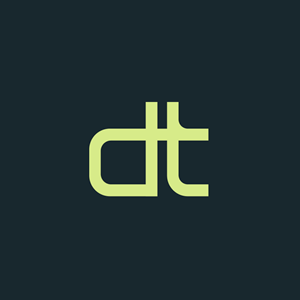PETALING JAYA: Former executives from Airbnb, Expedia, and other global technology companies have joined forces with Binance-backed Travala.com to launch Dtravel, a decentralised platform for the home-sharing economy facilitating short and long-term stays payable with cryptocurrency and traditional payment methods.
Dtravel is backed by a US$5 million (RM20.5 million) seed fundraising round from Kenetic Capital, Future Perfect Ventures, DHVC, Plutus VC, GBV Capital, AU21 Capital, Shima Capital, LD Capital and NGC Ventures, as well as several angel investors.
Governed entirely by its community via the Dtravel Decentralized Autonomous Organization (DAO) and leveraging decentralised finance (DeFi) blockchain technology to facilitate smart contracts, Dtravel repairs the broken relationship between hosts and guests created by existing centralised home-sharing platforms to deliver the world’s first true sharing economy.
Dtravel is powered by its native token TRVL – coming soon to Binance Smart Chain and the Ethereum Network – which is held by all hosts and can be used for booking stays, staking to qualify for rewards, participating in platform governance, and more.
The first 100,000 hosts to register are eligible to receive more than US$35 million worth of TRVL tokens.
“Traditional home-sharing platforms are aligned with their users in the early stages, but over time this changes. With the need to return profits to shareholders, home-sharing platforms are forced to extract as much as possible from transactions on their platforms,” said Juan Otero, co-founder and CEO of Travala.com.
“Dtravel meets the needs of the home-sharing community first and forever. It’s easy-to-use, highly secure, and optimised for the next generation of hosts and guests looking to take back control of their travel experience.”
Over the past decade, a limited number of corporations have risen to dominate the home-sharing economy. Though this structure has led to dramatic growth of the home-sharing economy, it has done so at a cost, including:
► High fees – existing players charge fees up to 20% of the total booking cost.
► Centralised and controlled communications – loss of direct host-guest relationships.
► Transactional processes, not relationships – a shift from encouraging high-value, peer-to-peer relationships to transactional ones.
► Lower levels of trust – trust between hosts and guests, as well as towards the platforms themselves, has been eroded.
► Payment options – existing players don’t accept payment in cryptocurrencies.
Dtravel aims to replace the broken relationship between centralised home-sharing corporations and their hosts and guests by putting ownership, control, and decision making back into the hands of users through blockchain technology.
In doing so, Dtravel can:
► Reduce fees – instead of fees as high as 20%, fees on Dtravel are only 7.5%.
► Give a voice back to the community – the Dtravel DAO enables hosts and guests to directly influence the direction, operations and governance of Dtravel.
► Expand payment options – enable various cryptocurrencies, including Bitcoin, to be used for payments that lower the cost of transacting compared to traditional payment methods.
► Align interests – instead of being forced into an extraction imperative common with centralised platforms, use a token to align economic interests of users.
► Provide peace of mind – Dtravel will have a Protection Pool which offers Hosts up to US$1 million in property protection.
► Create additional revenue streams – users can earn additional revenue by referring hosts and guests, as well as by participating in user support, community forums and troubleshooting.













